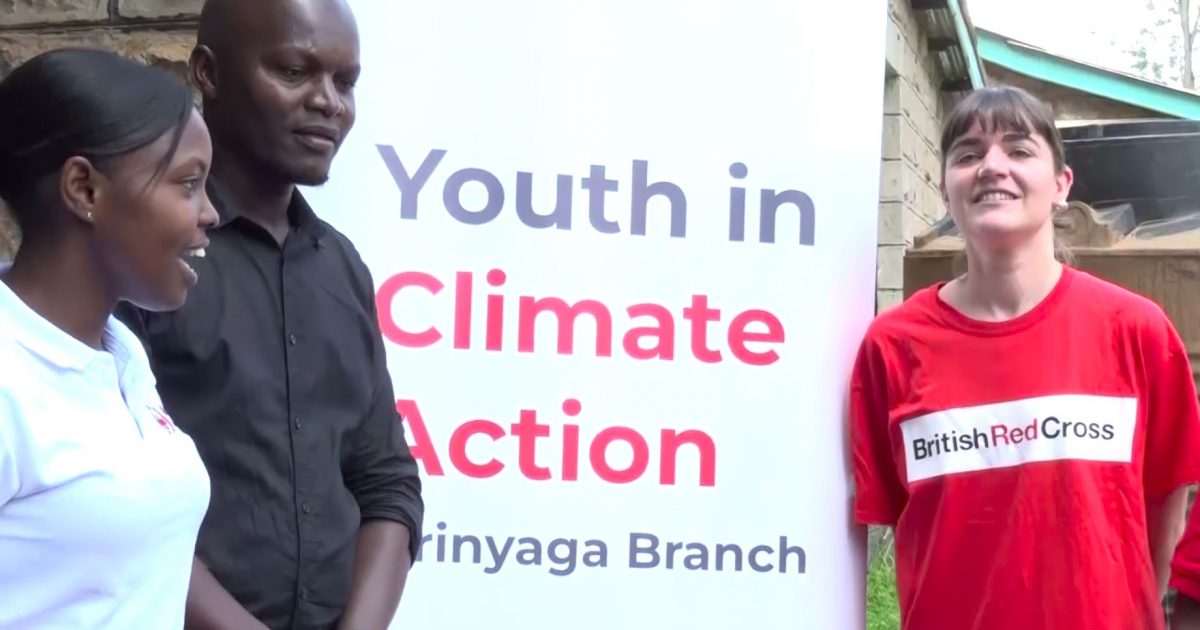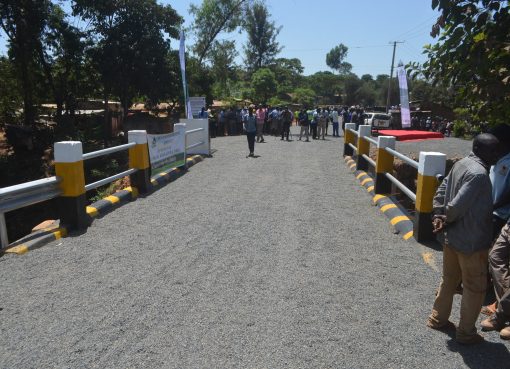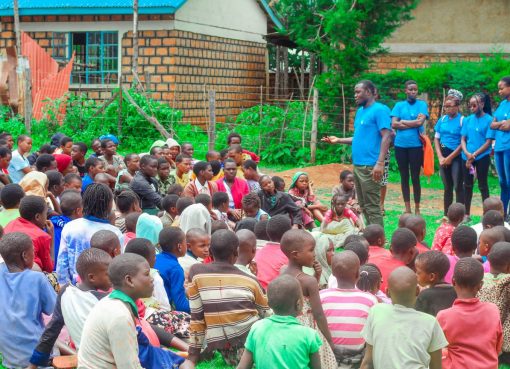Climate change is currently the major threat to the economy globally. Kenya is experiencing more frequent and intense droughts, floods, and other extreme weather events, demanding mitigation measures, including promoting climate-smart agriculture to increase food and nutrition security. This includes developing drought-resistant crops.
The Kenya Red Cross, in conjunction with the British Red Cross, has engaged youth under “Youth Climate Action” to create an ecosystem for young people to thrive amidst the climate crisis. The institutions have provided funds to youths in Kirinyaga Red Cross toward raising fruit seedlings for passion and Hass avocados to mitigate global warming, a source of food and income to the groups.

Speaking in Kerugoya Red Cross offices during the follow-up of the projects by the British Red Cross team, Esther Chege, the Central Region Red Cross Coordinator, said they have sensitised more youths to join climate change mitigation activities through partners like the British Red Cross, and they are following up the programs to identify challenges and come up with the solutions.
The revenue generated by selling the seedlings to the community will make the youth project self-sustaining in the future as well as look for expansion to other related climate action activities.
“This is the project we have been able to implement in support from the British Red Cross; we are looking forward to engaging youths in positive conversation under livelihood and climate action. We have started small in Kirinyaga Central, and we look forward to starting in all subcounties because change starts from a small point,” Ms. Chege said.
Chege noted they look forward to including the youth with disabilities, as there are many opportunities in the future in the phase of value addition, interregional market linkages, and fruit businesses.
James Ogutu, Program Manager for Climate Change at the British Red Cross, said they will keep track of the progress made by the youth not only in Kirinyaga but also in other counties. He lauded the Kirinyaga branch for the practical step they have taken in the climate action project.
“We are looking at enabling youth for climate change activities, seeing them make practical steps toward implementing climate action,” he said.
He added the engagement of the youth involves taking them through educational methodology and knowledge to address climate change and food security simultaneously. He expressed hope on increased uptake of the climate-related actions in the region.
“So many opportunities exist to make meaningful change in their lives but more to address climate change. For the central region we are looking at Laikipia, Meru, and Kirinyaga in addition to 9 other counties outside the central region,” he noted.
Cecilia Mwangi, a youth from the Red Cross, said under climate action and food security, the greatest thing is the project by the British Red Cross that has been approached in three modes: capacity building, which is done in the ‘Why-Adapt Toolkit’ designed to help young people develop leadership skills and take part in climate change adaptation solutions; advocacy, talking about climate in places that ideal youths may not be in; and local action.
She noted that the youth should wait for anything to be given for free but engage in profitable activities.
“We don’t want to get handouts, but we have to do the work like this project,” she said.
Ms. Maranda from the British Red Cross visited the Kirinyaga branch to see the progress of the project and speak to young people one-on-one to understand the difference that they can make in society, especially in engaging them in climate action and farming.
By Mutai Kipngetich





